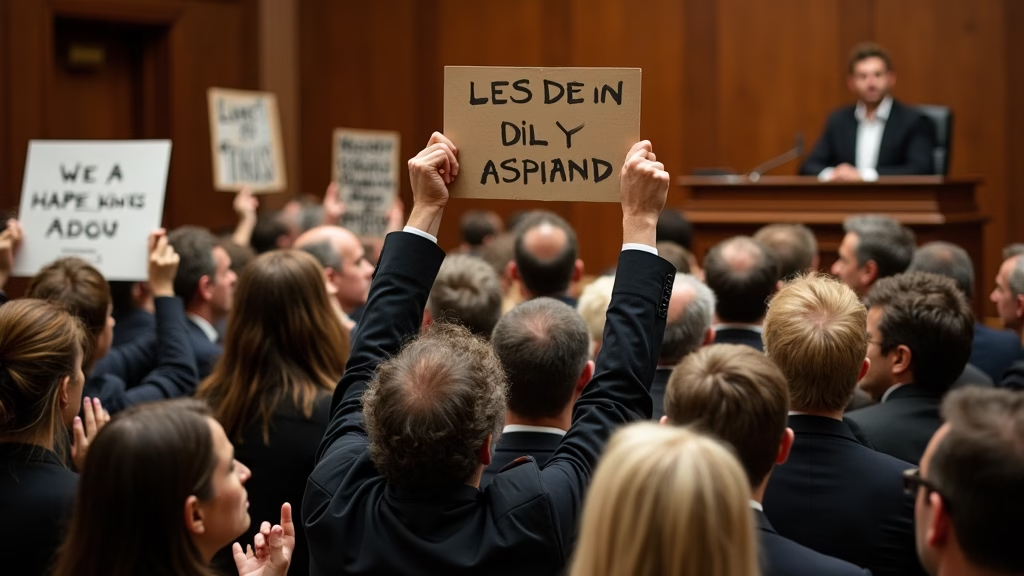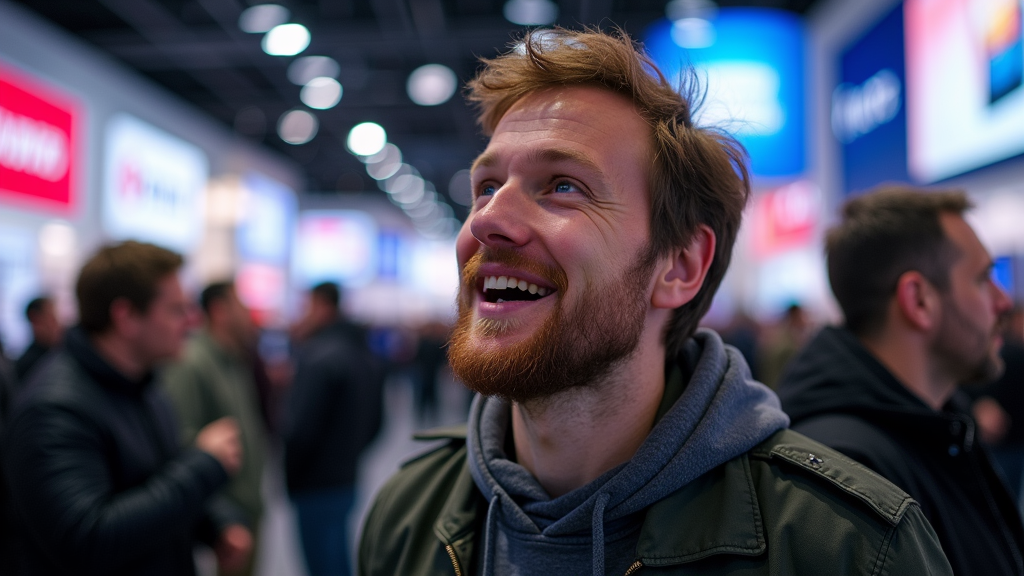Gérard Depardieu Conviction: Impact on French Cinema & MeToo Movement
Gérard Depardieu: A Conviction That Shakes the Foundations
Ladies and gentlemen, the landscape of French cinema has been profoundly shaken with the recent conviction of the iconic actor Gérard Depardieu for sexual assault. As news rises like steam from the asphalt of Paris, we delve deeply into the whispers of the courtrooms and the poignant cries of the victims. On May 13, 2025, a Paris court delivered an 18-month suspended prison sentence to the 76-year-old star, alongside a hefty fine, and a striking entry into the national registry of sex offenders. But behind the headlines lie the emotional currents of a system struggling to navigate the turbulent waters of the post-MeToo era.
The Details of the Case
The charges against Depardieu aren’t merely headlines; they carry the weight of human experience, recounting stories from two women—one a 54-year-old set decorator, the other a 34-year-old assistant producer. They accused him of harrowing acts during the filming of “Les Volets Verts,” a film that now stands tainted by the specter of assault. Forced touches to genitals and breasts were cited, acts that was corroborated by the court as “consistent, plausible, and supported by evidence.” In contrast, the actor’s defense was found lacking, branded by the judges as “contradictory.”
Images of the courtroom, filled with anticipation and despair, loom large in the minds of those who have followed the trial. Over four days of testimony, Depardieu remained conspicuously absent, attending to filming obligations in Portugal—a decision that speaks volumes about his engagement with the gravity of the accusations. This absence raises questions about accountability, especially for someone who held a position of power and influence for decades.
The Reactions
The courtroom erupted post-verdict, reflecting a microcosm of societal emotion. The advocate representing the victims, Karin Durye Dibolet, exclaimed, “This victory belongs not only to us but to all women,” echoing a collective sigh of relief mingled with sorrow. The symbolism of this verdict, especially so close to the Cannes Film Festival, could serve as a wake-up call for an industry grappling with its own demons.
However, the defense’s reaction was equally loud in its protest. Depardieu’s lawyer announced plans for an appeal, labeling the verdict as “untrue.” During the trial, defense tactics were critiqued for veering into the realm of “secondary victimization,” characterized by aggressive, discrediting comments targeted at the women who bravely came forward. This dynamic continues to challenge our understanding of justice—where too often, the victim is made to feel as though they are standing trial.
Observers outside the court fueled the emotional atmosphere with signs declaring, “Rapists, we see you!” Such movements signal not just support for the victims, but a broader call to dismantle the culture of impunity that has long permeated the film industry.
A Broader Context
The gravity of this case is underscored by the knowledge that it is merely the tip of the iceberg. Over a dozen women have accused Depardieu of similar misconduct, many of which fall outside the reach of France’s statute of limitations, leaving their stories untold in a legal sense but loud in the societal consciousness. The actor’s stint in Russia and controversial comments during a visit to North Korea only served to tarnish his legacy further, painting a picture of a man enthralled by controversy.
As we navigate these tumultuous waters, the conviction of Gérard Depardieu serves as both a beacon and a stark reminder. It invites us into a deeper reflection on the mechanisms of justice in cases of sexual violence and the societal frameworks that enable silence and complicity.
For a more comprehensive exploration of the unfolding narrative surrounding the case and its larger implications in today’s society, please refer to Newsmagazine.
As we sit in this discomfort, one must ponder: how many more stories remain hidden beneath the surface, waiting for the courage of those who seem less esteemed in the glaring limelight to emerge and reclaim their narratives? The time for change is now, and yet, the path remains arduous.
The Ripple Effect in Society
The eruption of public discussion surrounding the Depardieu case has ignited a spark that extends beyond his personal transgressions. The outcomes prompt us to question the values of an industry that had long turned a blind eye to the predator lurking in plain sight. This moment is a flashpoint, amplifying voices that have been muted for too long. The echoes of these courtroom proceedings resonate deeply within the hearts of those who have endured similar fates, embodying a collective yearning for acknowledgment and reparation.
Activists have taken to the streets, amplifying the message that every story matters. The winds of change blowing through the film industry remind us that the battle for justice does not end with a single verdict but calls for a sustained commitment to transformation. Women, armed with courage, are rising like phoenixes from the ashes of silenced pain to demand accountability and safety in their workplaces.
Strategies for Change
So, how can we ensure that this is not just a fleeting moment but a beginning of a vigorous movement? Stakeholders within the film industry—studio executives, producers, and even fellow actors—must collectively engage in open dialogues about consent and respect. Implementing robust policies governing behavior on set can establish a framework to protect against harassment and abuse.
Moreover, industry leaders have a responsibility to advocate for education regarding consent and the repercussions of sexual misconduct. Initiatives that prioritize the well-being of all workers, especially vulnerable groups, are imperative. It’s high time the industry sheds its legacy of complicity and grounds itself in practices that champion dignity and respect.
As we look out to the horizon, we cannot ignore the critical role the media plays in shaping the narrative. Presenting stories of courage, resilience, and the ongoing challenges faced by victims can foster empathy and understanding among audiences. Coverage of cases like Depardieu’s should pave the way for more stories to emerge, offering a lifeline to those who still carry the weight of fear and silence.
A Sombre Reflection
In the years to come, we may reflect upon the Depardieu verdict as a watershed moment—a shift that laid the groundwork for future discussions about justice in instances of sexual misconduct. As Damocles’ sword now hangs over many in the entertainment industry, the unresolved cases taunt us, leaving a lingering question: Will this conviction lead to a reckoning long overdue, or will we continue to witness the dance of the powerful, unchecked and unchallenged?
Depardieu may have been a titan of cinema, but his story intertwines with a larger narrative, one that requires introspection and courage from all corners of society. The repercussions of this case reach far beyond the courtroom, whispering promises for reform while reminding us of the ongoing struggle for justice.
In the end, we stand at a precipice, staring into an uncertain future. A future that demands vigilance, compassion, and above all else, the fortitude to speak out against injustice. As we gather the pieces of this complex tapestry, may we find a path that leads us toward healing, and may the words of those silenced resonate in the chambers of our hearts, catalyzing a change that generations will carry forward.
For further insights on this evolving story, you can view more through the coverage by The New York Times and join us on the Telegram channel for always fresh news.
As we conclude this chapter, let us remember: the fight for justice is more than a moment; it is a movement—one born from the bravery of many who dare to rise and reclaim their narratives.
latest video
news via inbox
Subscribe to the latest news in the world of politics and technology







